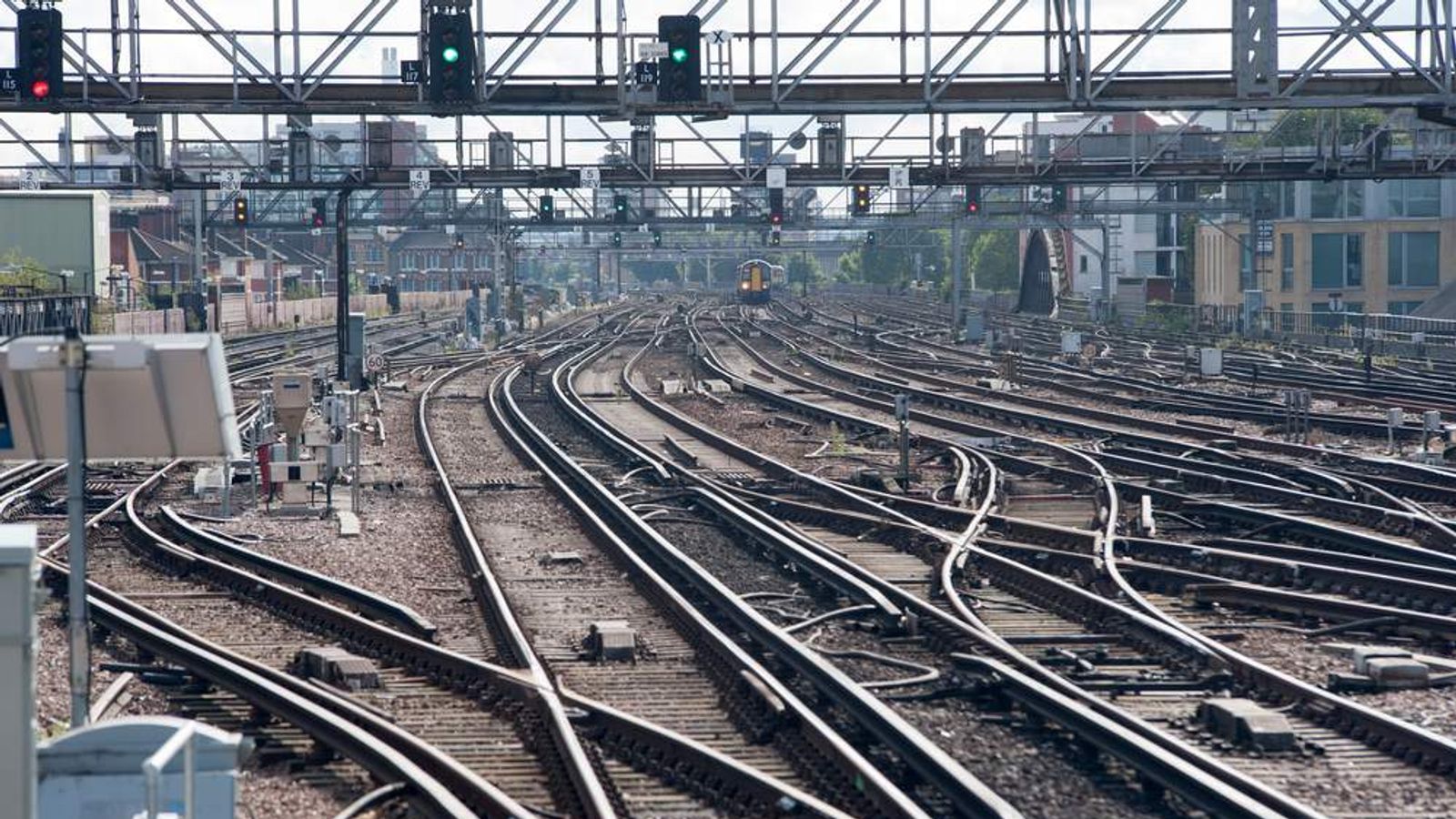The Railroad Industry
If one were to measure the area that may have had more to do with Ameican growth in the 19th century, one might well argue that Railroads had the most significant impact on the Westward expansion of America. Some significant measurements of this impact would have to consider:
- Railroads resulted in the ending of Indian control of West (white settlers, hunters, miners overran Indian lands),
- The Transcontinental railroad (and other connecting railroads) connected the economies of the East and West coast and later the North & South
- Unlike other modes of transportation, trains could move in any weather and helped open up parts of the country where new communities and industries could succeed. Many of these new communities and industrial areas would not have existed if they had to depend on access to water for transportation. Places like Denver, Colorado, Cheyenne, Wyoming, and other towns on the western frontier grew up around Railroad stations.
The Railroads had negotiated significant lands with the government and became the original developers of much of the rapidly growing West. They had first dibs on mineral rights as well which spurred significant resource development. Immigration from the cities was encouraged because of the availability of land.
Although Railroads are given credit for helping to grow American industry and help people from the cities settle and farm the West (farmers grew more products). But the farmers in the midwest and west who now had access to railroads to ship their products had to deal with the wealthy Railroads who used their power and political influence to control them with the setting pricing for shipping.
My Stories
In this area, listeners will hear about how the railroads spurred the rapid growth of America during this period. You’ll learn about the railroad builders and the people that keep the railroad running (engineers, firemen, brakeman, switchmen, dispatchers, and track maintenance etc)
You will hear stories of amazing pioneering people, unique equipment the was developed, tensions between settlers, Indians, and farmers, scandalous and unscrupulous characters, challenging locations in order to expand the railroad system, stories of heroism, and historical events associated with railroad construction and operations.
